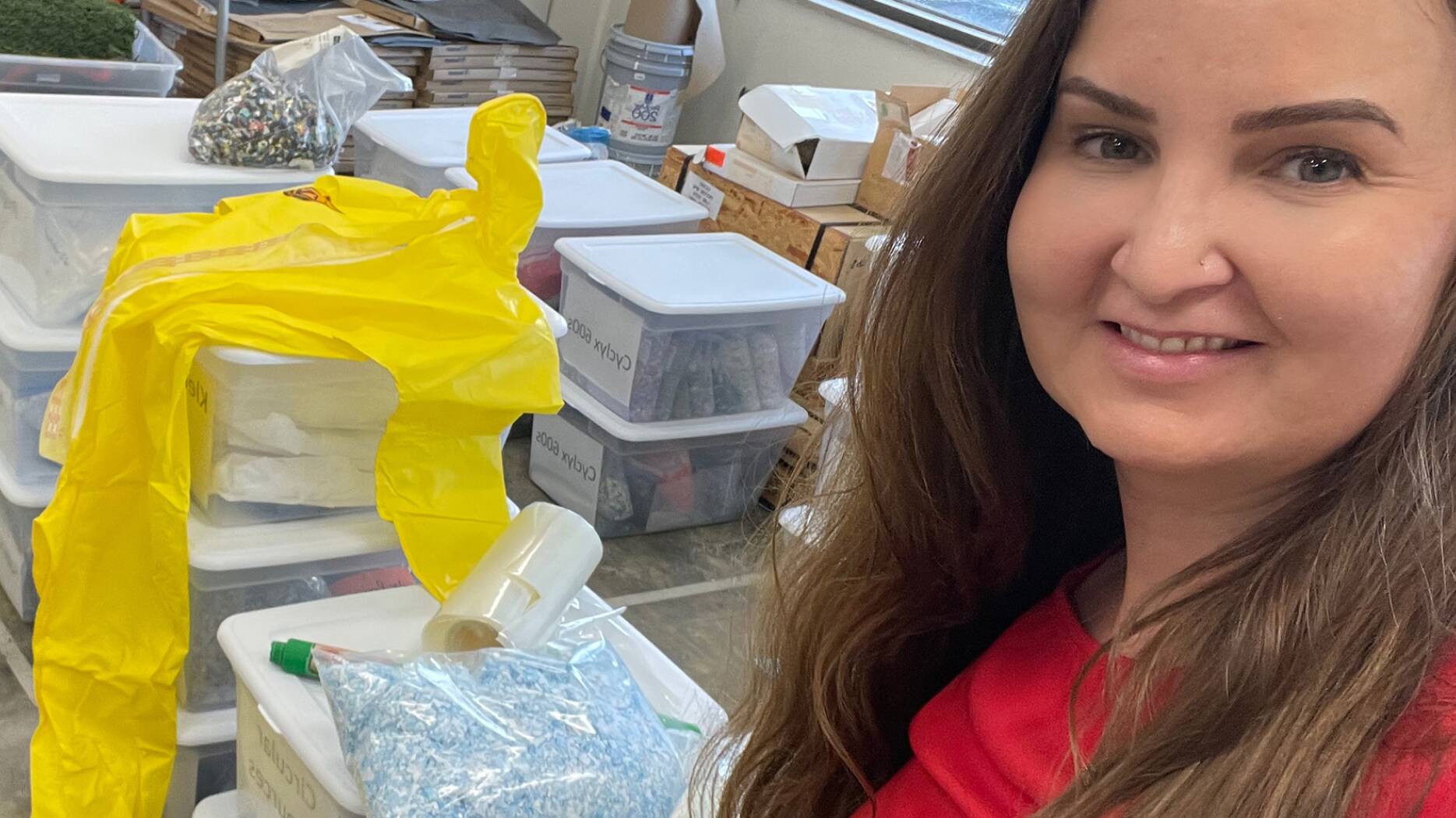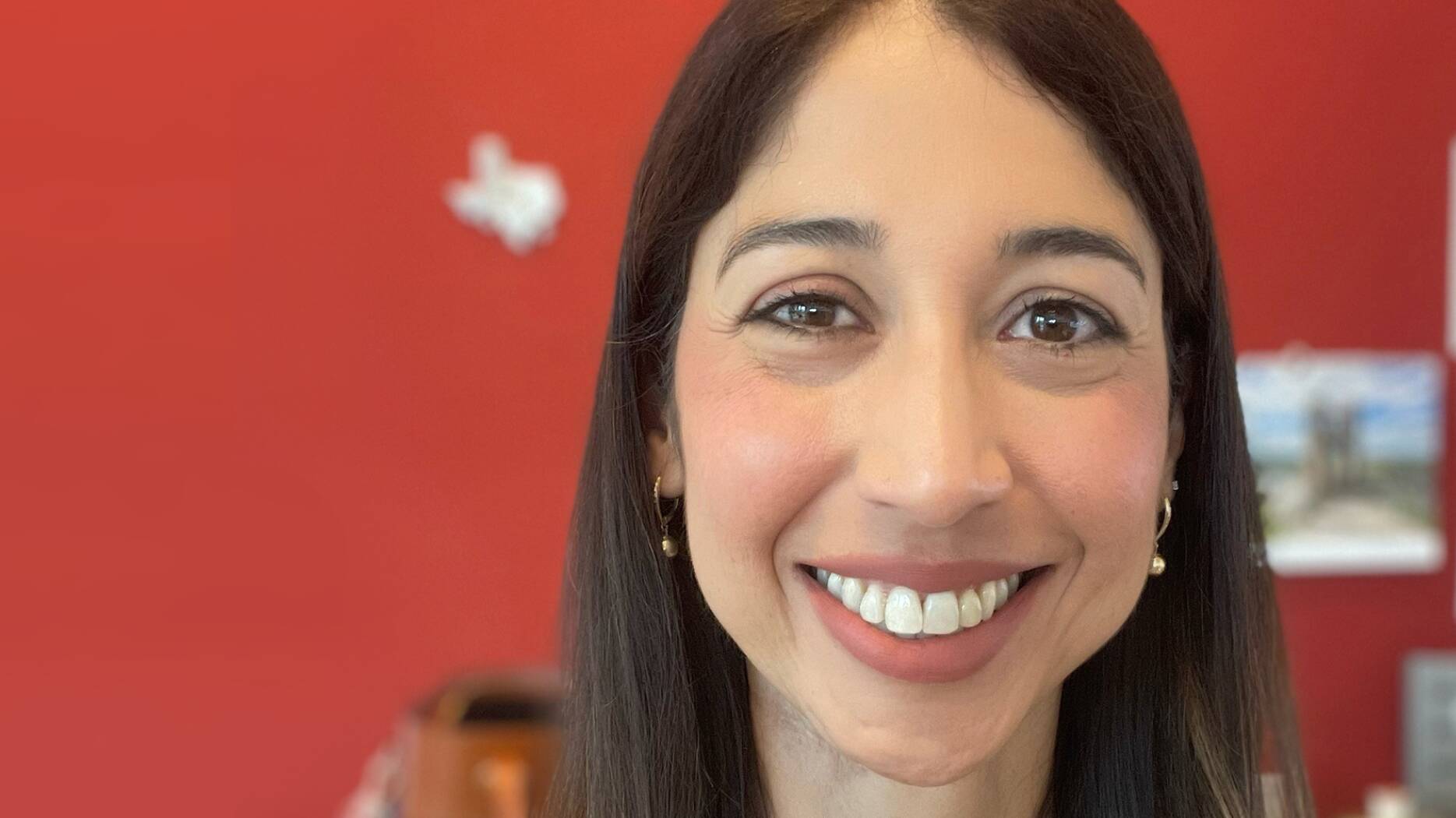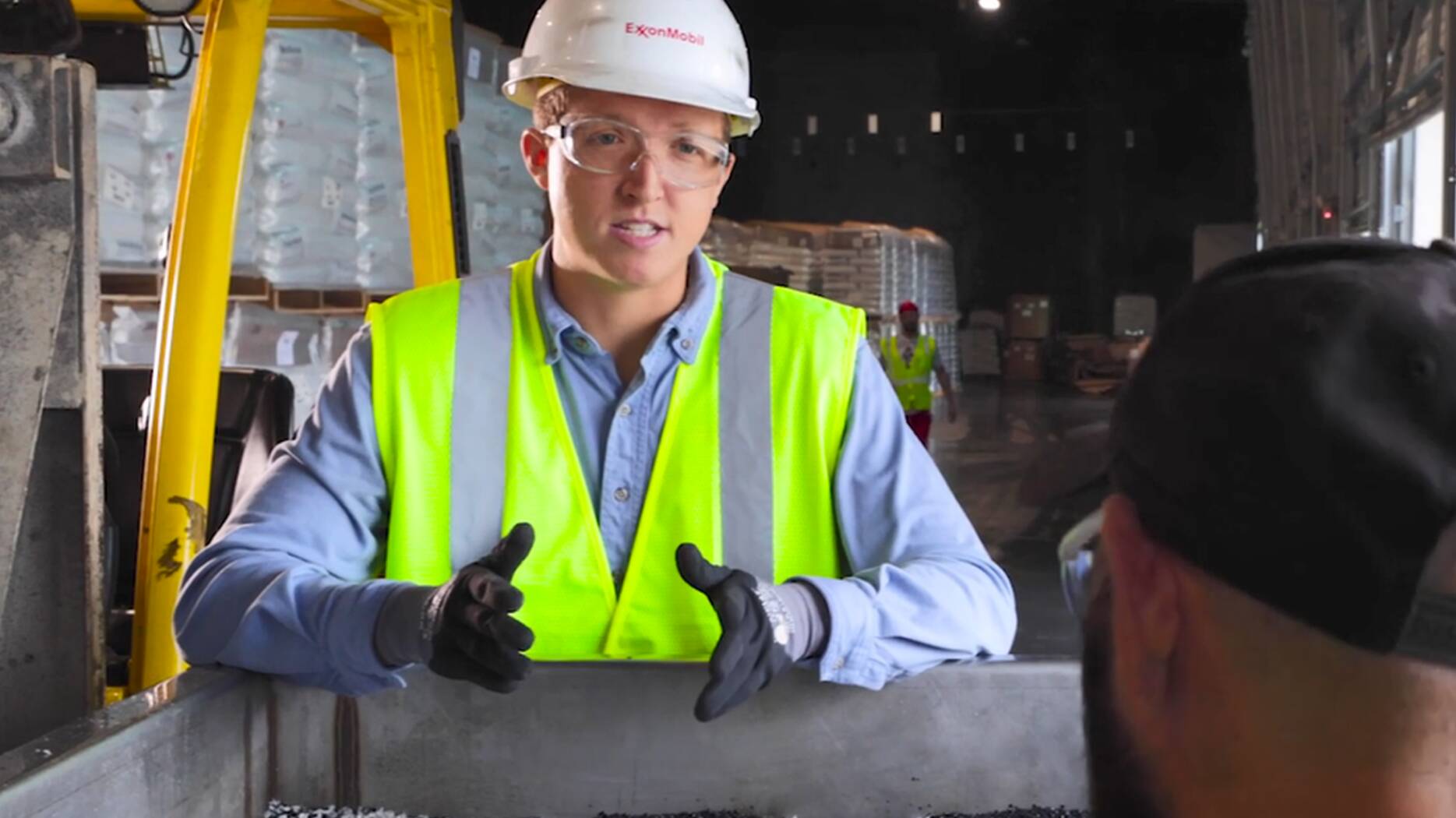selected item
7 min read
•Karen McKee wins prestigious industry award
Key takeaways:
- The American Fuel & Petrochemical Manufacturers presented the award to Karen at the International Petrochemical Conference in March.
- Karen is the first woman to receive this honor.
- Karen blazed a trail for women leaders at ExxonMobil, and half of her current Leadership Team is female.
7 min read
•The American Fuel & Petrochemical Manufacturers (AFPM) recently presented Karen McKee, president of ExxonMobil Product Solutions Company, with the 2024 Petrochemical Heritage Award for her outstanding contributions to the petrochemical industry. Karen received the award March 25 during the International Petrochemical Conference in San Antonio, hosted by AFPM. She is the first woman to receive this honor.
In accepting the award, Karen spoke about the many influences on her career, the advances women have made during her 34 years in the industry, and the role that ExxonMobil and the energy industry will play in continuing human progress.
Read Karen's speech below:
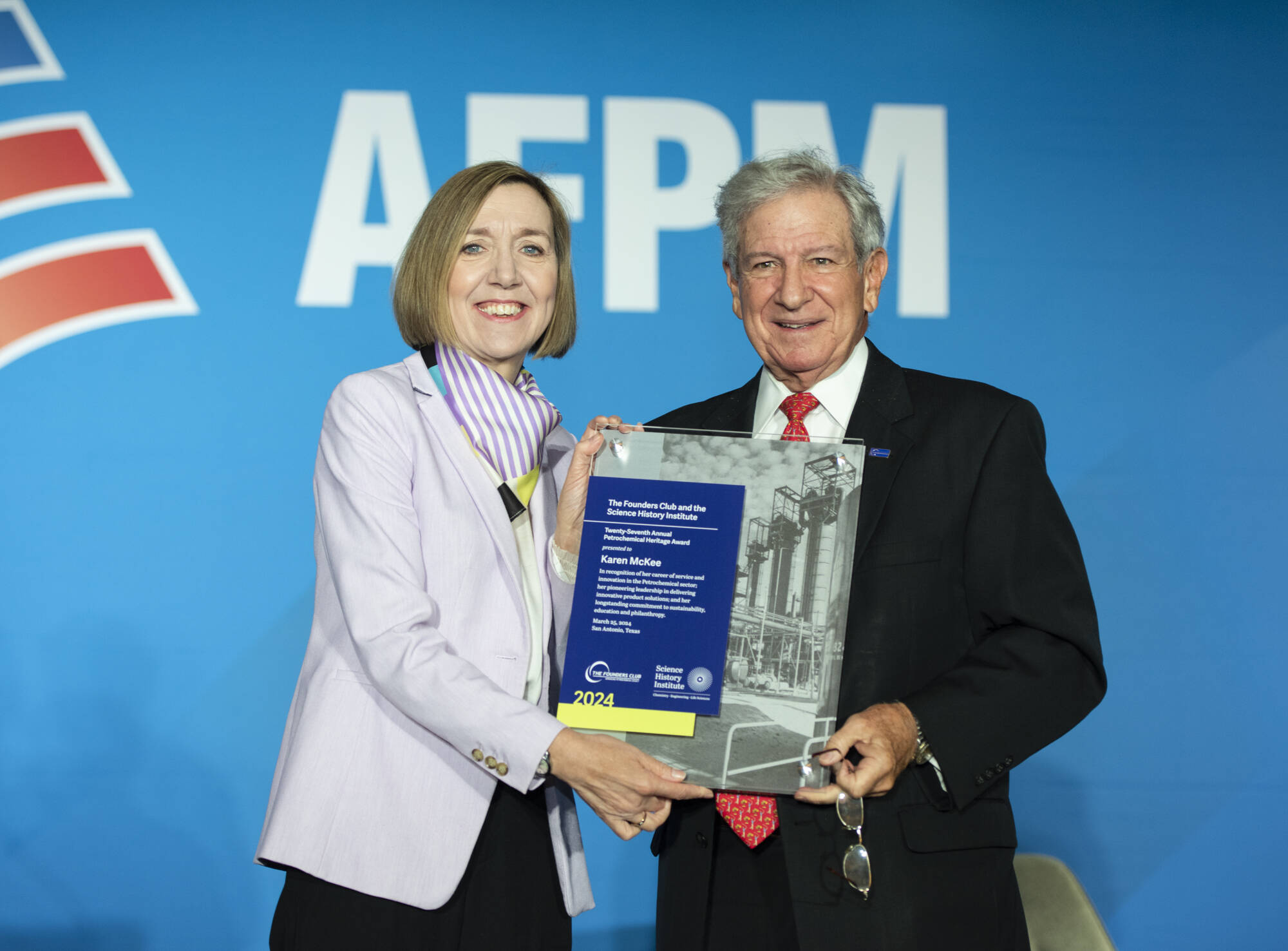
Let me start by expressing my thanks to AFPM, to the Founders Club and to the Science History Institute. It’s an honor to join such an esteemed group that includes people like Albert and James Chao, Raj Gupta, Jim Fitterling, Jim Teague, and Jon Huntsman.
It’s also an honor to be the first woman to receive this award. Over my career, I’ve been delighted to see that the number of women, and women leaders, in our industry has grown significantly. In the early 2000s, when I first came to AFPM, I didn’t see many other women. Now there is the critical mass to have a women’s event. So, while I may be the first woman to receive this award, I’m confident that I will not be the last.
This is a great honor, but I don’t view it as an individual award – our industry is a “team sport,” and I accept it on behalf of my team – that is all the hard-working, talented men and women who make ExxonMobil an incredible community, where we can accomplish incredible things, together. I have benefited from all the wisdom and experience that has surrounded me over the past 34 years. So, I’d like to pay tribute to a few of the people who have been so instrumental to my career path in this essential industry.
Let me start with the gentleman who introduced me. Sherman was Exxon’s Vice President of Basic Chemicals when we first met, in 1996, and I was his planner – we both moved to Brussels on the same day. Sherman lived around the corner from me, and he would come by with his dog in those pre-wifi days with markups to my draft PowerPoints. I appreciated his guidance on clear communication, which I still use to this day. Sherman and his wife, Alana, were among the first to visit me and my newborn elder daughter at home. She’s 25 now, and just got married. The years pass quickly.
My support team started with my parents in my native Northern Ireland, who didn’t finish high school but knew the value of a STEM education – a passion I share to this day. My teachers at my small all-girls school shaped my views of the world, especially when it came to women as leaders. This was a time of Margaret Thatcher, then British Prime Minister, a time when two unassuming Northern Irish women received the Nobel Peace Prize, so I was encouraged to believe that women could thrive at anything they put their minds to.
More than 30 years later, I suspect that ExxonMobil leads the industry with the impressive number of amazing diverse women in leadership roles around the world – there through their own efforts, as we pride ourselves on being a meritocracy:
Today, here in North America, 6 of my 14 plant managers are women. The number was seven before several were promoted. Our operations team is led by an amazing woman, Janet Matsushita, my global senior vice president of operations for both Refining and Chemicals. She is far from alone in our leadership team, as a full half of my Business Unit Vice Presidents globally – 6 of 12 – are women.
So I think it is safe to say that women are playing a leading role at ExxonMobil.
And ExxonMobil is playing a leading role in the global transitions of both energy and petrochemicals, industries that played a vital role in the greatest century of human progress the world has ever known.
Now the world is asking more of us, to ensure that the century ahead of us is even better than the one behind. To achieve that, we must deliver new products and materials that lower emissions and improve circularity.
We must enable more innovation and development of wind, solar, electric vehicles, batteries, hydrogen, biofuels, carbon capture and storage, and plastic recycling. This is important work, and I know many of us in this room are very focused on it.

I mentioned earlier that I have a passion for STEM education. That is because it changes lives – it certainly changed mine. But it is also because innovations in science change the world. Sadly, an interest in and reliance on sound science seems to be optional for some these days.
So what is sound science?
The Nobel Prize-winning physicist Richard Feynman said: “It doesn’t matter how beautiful your theory is, how smart you are. If it doesn’t agree with the experiment, it’s wrong”.
Bottom line, science doesn’t have an opinion. It is apolitical. It is a well-designed set of experiments, comparing one state to a control, always peer-reviewed prior to being deemed fact.
Negotiators need to remember that when the nations of the world gather in Ottawa to continue their work on a global plastics treaty. We share society’s concern about plastic waste, and we are doing something about it. However, some negotiators have advocated capping plastic production.
And this is where sound science comes in. We need to look at a world with less plastic use and compare it to today.
Plastics help us preserve food, transport clean water, keep medicine sterile, improve transportation efficiency. Mobile phones, computers, solar cells … they depend on plastic. All these products deliver enormous benefits for society.
At the same time, we know that too much plastic ends up as waste, especially in places that lack infrastructure to collect and sort it. Plastic waste in the environment is the issue that the world needs to make progress on.
Sound science requires those who would restrict plastics to consider the alternatives and potential consequences. What materials would replace them, and at what cost? At what impact on emissions, food scarcity, human health?
So, we need to focus on solving the waste problem without creating other problems.
The good news is that we know that plastic has enough value after its first use to be reused, recycled or transformed. This is why ExxonMobil is pursuing advanced recycling.
At our Baytown plant, we are taking in tons of plastic waste and returning it to the molecular level, where it can be used to make new products. Through mass balance attribution, our customers know how their purchases help prevent used plastic from going to landfill or incineration.
This is practicing sound science and building the circular economy, and it is happening right now, here in Texas.
The same logic and need for sound science applies to climate change. The problem is emissions, not energy or chemical production. We need to address the problem of emissions while continuing to meet the energy needs of a world expected to have 10 billion people 30 years from now.
We in our industry are a community of scientists and engineers. We solve hard problems. As our CEO Darren Woods says, we successfully dealt with smog and acid rain by addressing emissions, not by banning cars or shuttering power plants. In the 1980s, we began phasing out substances that deplete the ozone layer, and now this protective layer is rebuilding itself.
We know that applying sound science to the real problem works.
Sound science also requires more scientists. Our commitment to the future also requires a commitment to STEM education. The world needs more capable math and science teachers, and more students who graduate from high school ready to succeed in college and beyond.
That’s why ExxonMobil contributes to great organizations like the National Math and Science Initiative, the American Institute of Chemical Engineers and the Society of Women Engineers.
Personally, it’s been a pleasure to work with FOSSI, the Future of Stem Scholars Initiative. This national chemical industry program provides scholarships to allow students to attend historically black colleges and universities. It is the single largest HBCU scholarship program. These scholars are a tremendous source of diverse talent that our industry will need.
These are not donations. They’re investments – worthwhile investments – in the future.
I stand here much closer to the end of my career than the beginning, yet it’s that future that excites me:
- The future of ExxonMobil as we innovate and bring new solutions to the market,
- the future of our industry and its role in the energy transition,
- and the future of how we’ll drive the global economy in the decades to come.
How could you NOT be excited by that?
In closing, thanks again to AFPM, the Founders Club, and the Science History Institute.
You’ve heard the saying it takes a village to raise a child. In my life, I’ve had the support of a medium-sized town, at least. Many people in this room, as well as the countless talented people I’ve been fortunate to work alongside at ExxonMobil. This award is for all of them.
Thank you very much.
Newsroom
Stay up to date with the latest news and information
Explore more

ExxonMobil’s high-purity solvent to support next generation of tech manufacturing
3 min read
•
The policy keys to unlocking a European industrial comeback
2 min read
•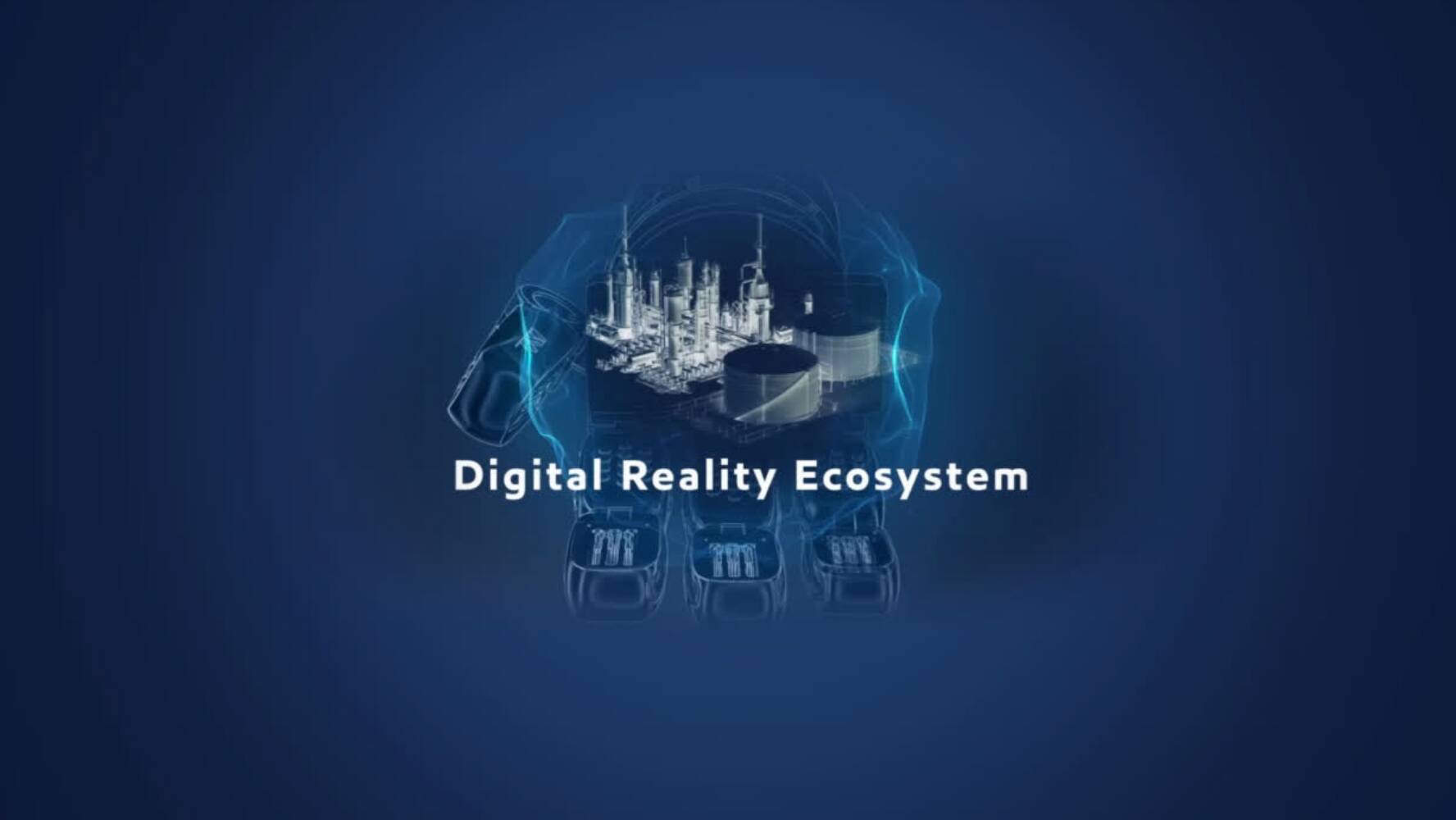
Turning turnarounds into a competitive advantage
3 min read
•
